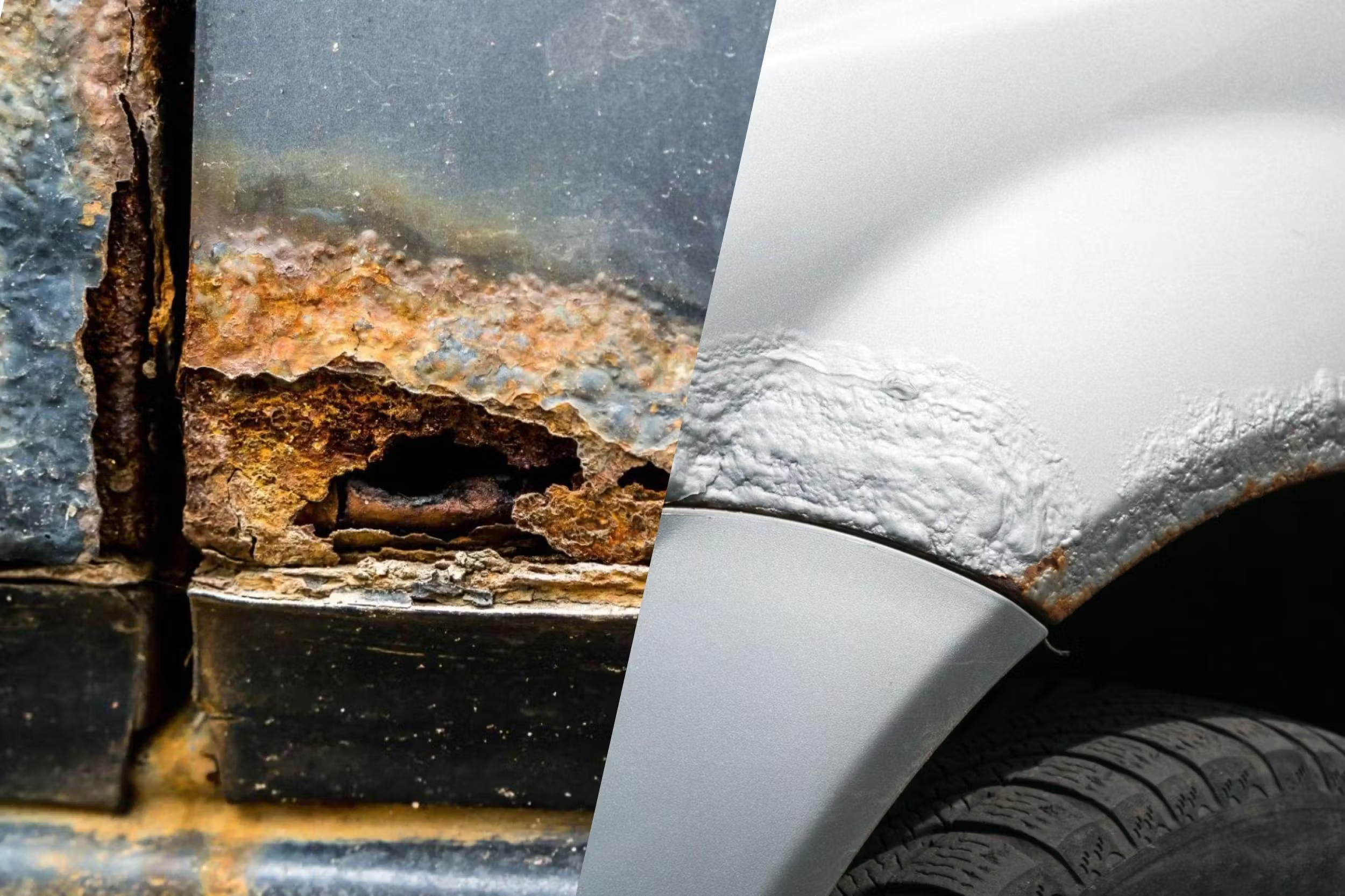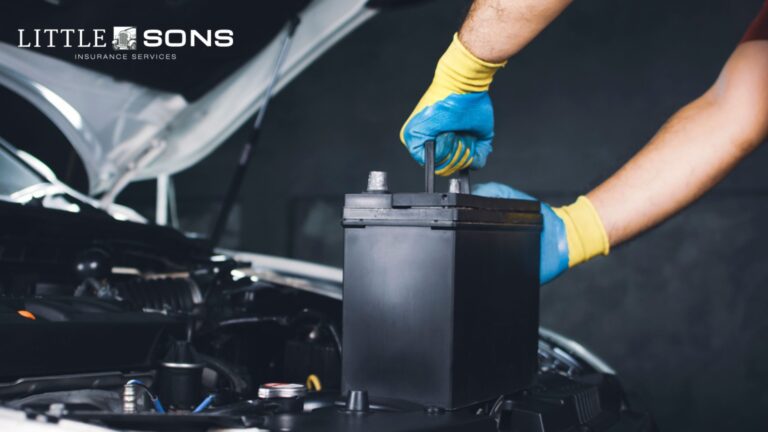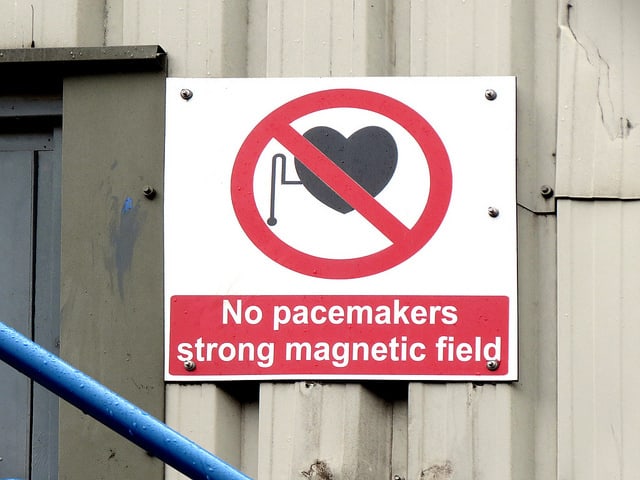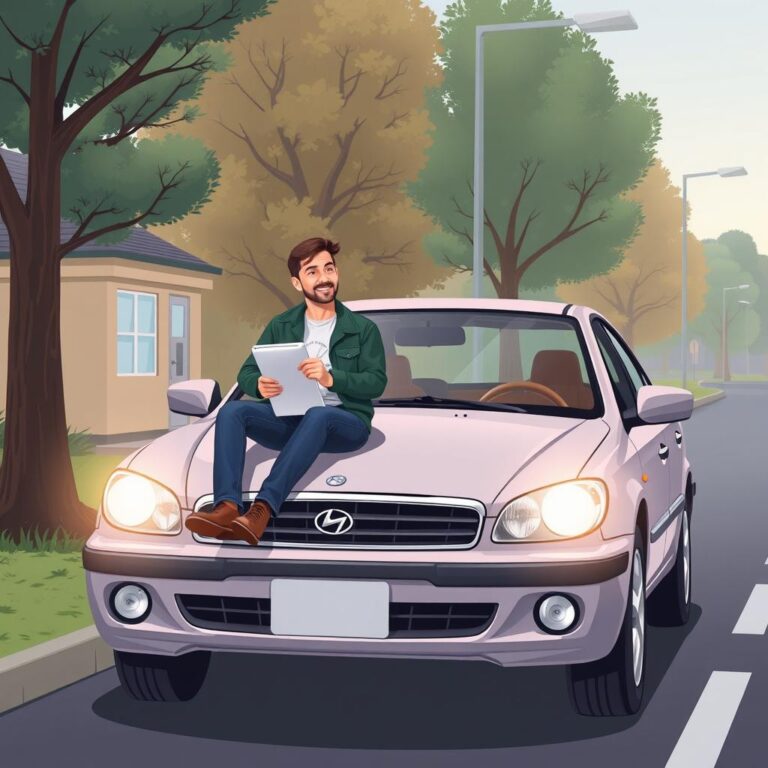Does Car Insurance Cover Rust?
Car insurance typically does not cover rust on a car. Rust is considered a maintenance issue and is not covered under most standard car insurance policies.
However, it’s important to regularly maintain your car to prevent rust from causing further damage and potential safety hazards. Neglecting rust repair could lead to additional problems like structural damage and decreased vehicle value. Properly caring for your car and addressing rust issues promptly can help extend its lifespan and maintain its overall condition.

Credit: www.carfax.com
Understanding Car Insurance Coverage
Car insurance coverage is a crucial aspect of protecting your vehicle. One common concern is whether car insurance covers rust damage. While most standard car insurance policies do not specifically cover rust, there are certain coverage types that can help with repairs.
Comprehensive coverage is an important one to consider. It typically covers damage caused by incidents other than collisions, such as theft, vandalism, and natural disasters. Although rust can be caused by wear and tear, if it results from a covered incident, comprehensive coverage may help cover the cost of repairs.
Additionally, this coverage can also provide financial assistance if your car gets damaged due to fire, falling objects, or animal accidents. Remember to review your car insurance policy to understand the exact coverage and to explore additional options for rust-related damages.
Protecting your car now can save you from costly repairs later on.
Determining Coverage For Rust
Determining coverage for rust under car insurance depends on the specific policy you have. Different insurers may have varying guidelines on what is covered. Generally, car insurance covers damage caused by accidents, weather-related incidents, theft, vandalism, and fire. However, coverage for rust may be limited or excluded altogether.
Eligibility criteria for rust coverage usually involve factors such as the age of the vehicle, its condition, and the cause of the rust. It’s important to read through your insurance policy or consult your insurer directly to understand the extent of coverage for rust.
By doing so, you can determine if repairs or restoration related to rust will be covered by your car insurance.
Factors That Affect Covered Rust Damage
Car insurance coverage for rust damage depends on several factors such as the age and mileage of the vehicle, pre-existing rust damage, and vehicle maintenance. The insurance company typically considers these aspects when determining coverage for rust-related issues. Older vehicles with higher mileage are more prone to rust, which could impact coverage.
Additionally, the presence of pre-existing rust damage may affect the amount of coverage provided. Proper vehicle maintenance, including regular inspections and addressing rust issues promptly, can also influence insurance coverage. It’s important to review your policy and consult with your insurance provider to understand what rust-related damages are covered under your car insurance.
By considering these factors, you can ensure that you have the appropriate coverage for rust damage to your vehicle.
Documenting Rust Damage For Insurance Claims
Car insurance coverage for rust depends on several factors that insurers take into account. It is essential to document rust damage thoroughly when filing an insurance claim. By following these six guidelines, you can ensure a smooth process. Firstly, provide a detailed description of the rust damage, avoiding vague language.
Secondly, take clear photographs from various angles that clearly show the extent of the rust. Next, record the date and time when the rust damage was discovered. Additionally, gather any relevant maintenance records to demonstrate your efforts to prevent rust.
Moreover, consider seeking professional opinions or estimates for repair costs. Lastly, make sure to report the rust damage to your insurance provider promptly. By following these steps, you can effectively document and maximize your chances of receiving compensation for rust damage from your car insurance.
Rust Prevention And Insurance Coverage
Car insurance coverage for rust damage largely depends on the specific policy and the extent of the damage. However, taking preventive measures can help minimize the risk of rust and potential insurance issues. Regularly washing and waxing your car can help protect the paint and prevent rust from forming.
Applying rust inhibitor products or rust-proofing treatments can also be effective in preventing rust damage. It’s important to note that insurance companies may consider rust damage as a result of neglect or lack of maintenance, which could affect coverage. By being proactive and implementing rust prevention methods, you can potentially avoid coverage disputes and ensure your car remains protected.
Keep in mind to review your insurance policy and consult with your provider for specific details on coverage for rust damage.
Understanding Insurance Policies And Rust
Car insurance coverage for rust damage depends on the specific terms outlined in the policy. Understanding insurance policies can be challenging but essential. Reading and interpreting the policy document will give clarity on rust damage clauses and coverage limitations. It is crucial to thoroughly review the insurance terms to determine if rust-related expenses are covered.
Some policies may exclude coverage for rust, while others may include it under specific circumstances. Pay attention to the fine print and consult with the insurance provider if there is any ambiguity. By doing so, you can have a clear understanding of your coverage in relation to rust damage and make informed decisions regarding repairs and maintenance for your vehicle.
Seeking Compensation For Rust Damage
Car insurance coverage for rust damage is a common concern among drivers. Filing a claim for this type of damage may be possible, depending on your specific policy. When evaluating compensation options, it is important to carefully review the terms and conditions of your insurance agreement.
Insurance companies differ in their approach to covering rust damage, so understanding your policy is crucial. Look for any exclusions or limitations that may affect your claim. In some cases, coverage may only apply if rust is due to a covered event, such as a collision or accident.
If you discover rust on your vehicle, document the damage thoroughly with photographs and contact your insurance provider to discuss your options. Keep in mind that each insurance company may have different procedures and requirements for filing a rust damage claim.
Always seek professional advice from your insurer to ensure you are following the necessary steps for compensation.
Frequently Asked Questions For Does Car Insurance Cover Rust?
How Does Car Insurance Cover Rust?
Car insurance typically does not cover rust damage to your car. Rust is considered as a result of wear and tear or lack of maintenance, which are generally not covered. However, if the rust is a result of a covered accident or event, such as a collision or vandalism, your car insurance may provide coverage.
Can I Get Car Insurance To Cover Rust?
You cannot specifically get car insurance to cover rust damage. Rust is usually considered a maintenance issue and not covered under standard car insurance policies. It’s important to regularly maintain your vehicle to prevent and address rust issues.
What Should I Do If My Car Has Rust?
If you notice rust on your car, it’s important to take action to prevent it from spreading and causing further damage. Start by cleaning the affected area and applying a rust converter or inhibitor. If the rust has already caused significant damage, consult with a professional auto body shop for repair options.
Regular maintenance and inspections can help catch rust early on and prevent major damage.
Does Car Insurance Cover Rust Caused By Weather?
Car insurance generally does not cover rust caused by weather conditions like rain or snow. These are considered normal wear and tear issues that are the responsibility of the vehicle owner. However, if the rust is a result of a covered event like a hailstorm, your comprehensive car insurance may provide coverage for the resulting damage.
It’s always best to review your policy or contact your insurance provider for specific information.
Conclusion
Car insurance coverage for rust depends on the specific policy you have. While some policies may offer coverage for rust damage, others may exclude it. It’s crucial to review your policy carefully and consider adding comprehensive coverage if rust is a concern for you.
Additionally, proactive car maintenance such as regular washing, waxing, and applying rustproofing can help prevent or slow down the onset of rust. Keeping your car in a garage or covered parking when possible can further protect it from rust-causing elements.
Ultimately, the best way to ensure coverage for rust damage is to communicate with your insurance provider and inquire about the specific details of your policy. With proper understanding and preventive measures, you can safeguard your car against the costly effects of rust.




